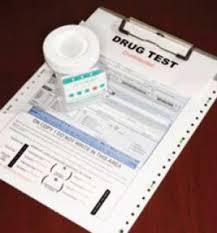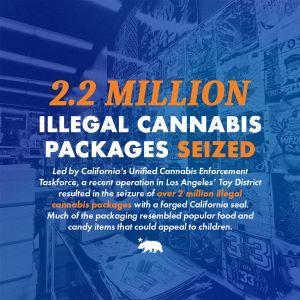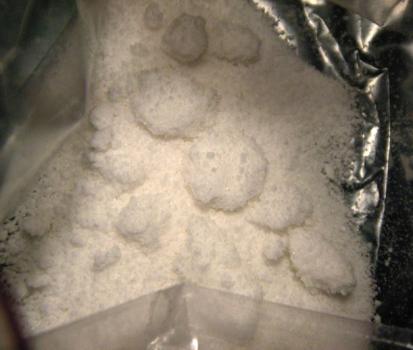
A homemade meth bong. Eight ounces of water used to smoke meth is not the same as eight ounces of meth. (Creative Commons)
Minnesota Prosecutor Wants Woman to Do 30 Years for Meth-Tainted Bongwater [FEATURE]
What should have been a citation for drug paraphernalia gets turned into an outrageous attempt to lock a hapless drug user up for decades.








